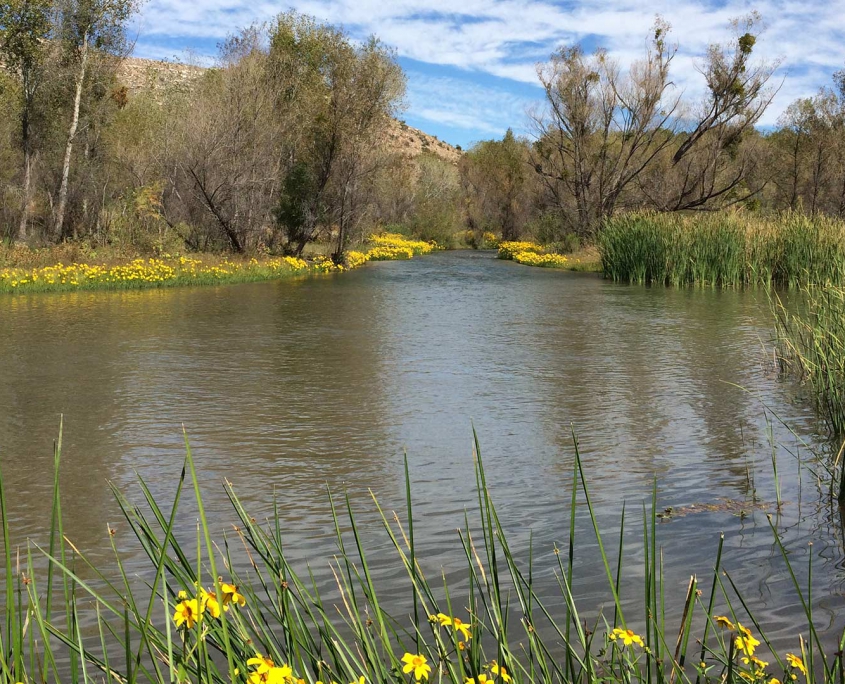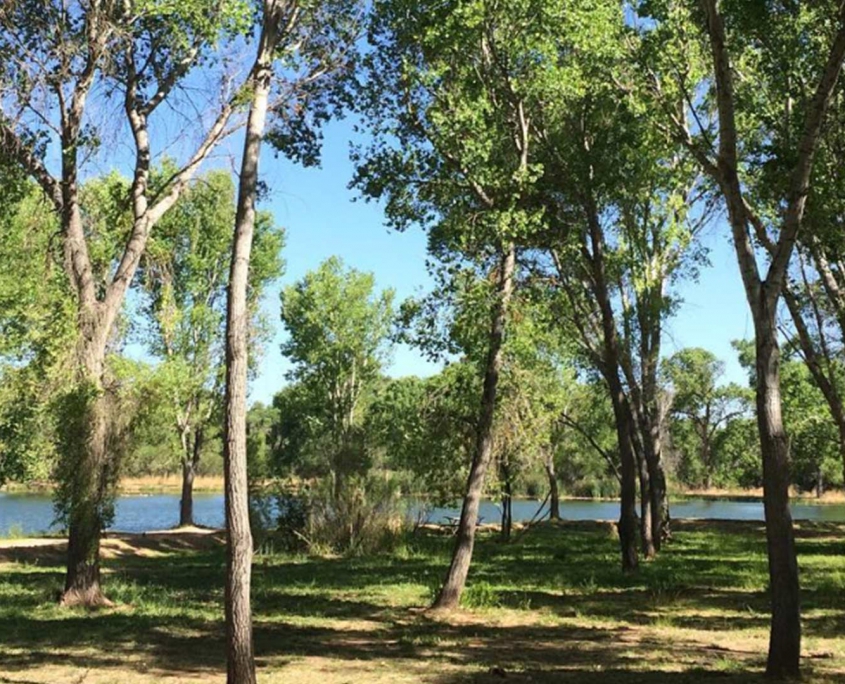The 2024 Verde Valley Birding and Nature Festival is April 25-28, 2024. See you there!
 https://verderiver.org/wp-content/uploads/2024/04/state-of-the-verde-watershed-conference.png
720
1280
Katherine Sirimarco
Katherine Sirimarco2024-04-04 15:16:202024-04-04 15:17:032024 State of the Verde Watershed Conference
https://verderiver.org/wp-content/uploads/2024/04/state-of-the-verde-watershed-conference.png
720
1280
Katherine Sirimarco
Katherine Sirimarco2024-04-04 15:16:202024-04-04 15:17:032024 State of the Verde Watershed Conference







